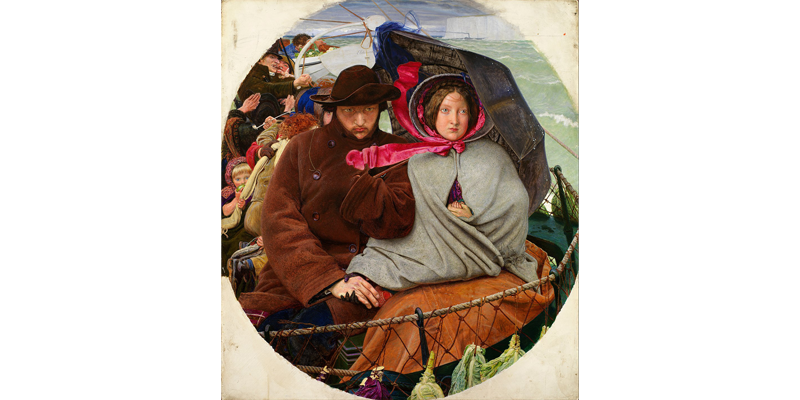Events

The Centre for Women’s Studies: International Women’s Day Keynote Lecture.

Modern School Research Seminar with speaker Dr Ned Allen (Cambridge).

Applications are invited to this half-day hybrid workshop to explore the challenges in researching sex work across history.

Medieval Literatures Seminar with speaker Dr Isabel Davis (Natural History Museum, London)

Modern School Research Seminar with speaker JT Welsch.

CECS Research Seminar with speaker Harrie Neal, University of York.

The conference aims to promote the view of the long nineteenth century as characterised by the mobility and convergence of peoples, ideas and artistic forms.

Department of English and Related Literature Annual Riddy Lecture with speaker Professor Cameron Cross (University of Michigan).

The Centre for Eighteenth Century Studies Annual Copley Lecture with speaker Ros Ballaster, Mansfield College, University of Oxford.

The Annual Distinguished Patrides Lecture with speaker Professor Emma Smith (Oxford).

Join us for this all-out, three-day festival of printing and printmaking.
